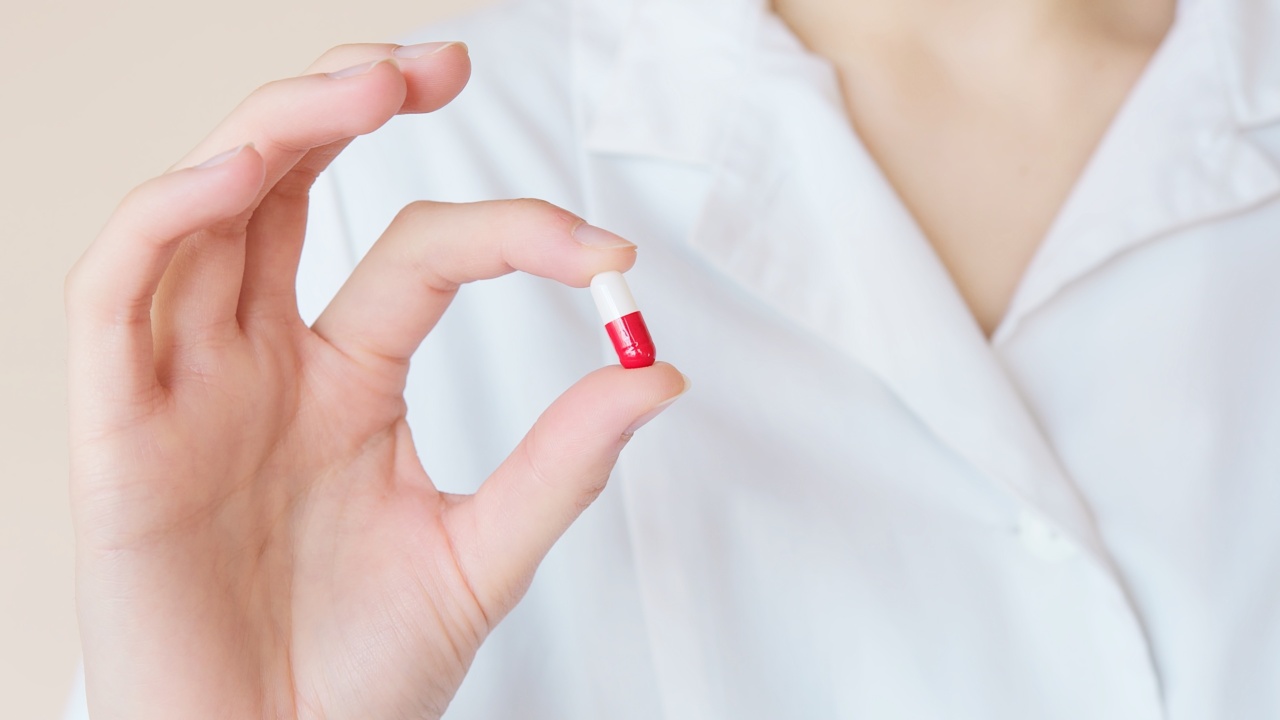Antihypertensive therapy is a crucial aspect of managing high blood pressure or hypertension.
While medications are commonly prescribed to lower blood pressure, there are also several non-pharmacological approaches that can be effective in managing hypertension. These interventions focus on lifestyle modifications and holistic well-being to achieve optimal blood pressure levels. This article explores various non-medication strategies for antihypertensive therapy.
1. Dietary Modifications
One of the primary factors influencing blood pressure levels is our diet. Making specific changes to our eating habits can help lower blood pressure naturally:.
- Reducing Sodium Intake: Excess sodium in the diet can elevate blood pressure. Limiting salt consumption and avoiding processed foods high in sodium is essential.
- Incorporating Potassium-Rich Foods: Potassium helps counterbalance the effects of sodium. Including potassium-rich foods like bananas, oranges, spinach, and sweet potatoes can help lower blood pressure.
- Following the DASH Diet: The Dietary Approaches to Stop Hypertension (DASH) diet emphasizes fruits, vegetables, whole grains, lean proteins, and low-fat dairy products. It has been proven to be effective in reducing blood pressure.
2. Regular Exercise
Engaging in regular physical activity is crucial for maintaining overall health and controlling blood pressure. Exercise helps strengthen the heart, improve blood circulation, and reduce stress.
Some effective exercises for lowering blood pressure include:.
- Aerobic Activities: Brisk walking, jogging, cycling, swimming, and dancing are excellent forms of aerobic exercises that can help control hypertension. Aim for at least 150 minutes of moderate-intensity aerobic exercise or 75 minutes of vigorous activity per week.
- Strength Training: Incorporating strength training exercises like lifting weights, resistance band workouts, or bodyweight exercises can further enhance the benefits of exercise on blood pressure levels.
- Yoga and Meditation: Practices like yoga and meditation are effective in reducing stress, improving relaxation, and promoting overall well-being. They can contribute to better blood pressure control.
3. Weight Management
Maintaining a healthy weight is essential for reducing the risk of hypertension. Losing excess weight can significantly lower blood pressure levels. Implement the following strategies for effective weight management:.
- Calorie Control: Consuming a balanced and calorie-controlled diet is crucial for weight loss. Focus on portion control and choose nutrient-dense foods.
- Regular Physical Activity: Engaging in regular exercise not only helps lower blood pressure but also aids in weight management. Combining cardiovascular exercises with strength training can help achieve weight loss goals.
- Behavioral Modifications: Adopting healthy habits such as mindful eating, avoiding emotional eating, and getting adequate sleep can contribute to weight management and blood pressure control.
4. Stress Reduction
Chronic stress can contribute to elevated blood pressure levels. Reducing stress through various techniques can be effective in managing hypertension:.
- Practicing Relaxation Techniques: Deep breathing exercises, progressive muscle relaxation, and guided imagery can induce relaxation and reduce stress levels.
- Maintaining a Healthy Work-Life Balance: Balancing work, personal life, hobbies, and leisure activities can help alleviate stress and promote well-being.
- Engaging in Stress-Relieving Activities: Pursuing activities like gardening, painting, listening to music, or engaging in hobbies can act as stress-relievers and positively impact blood pressure.
5. Limit Alcohol Consumption
Excessive alcohol consumption can lead to a spike in blood pressure levels. Limiting alcohol intake is crucial for managing hypertension:.
- Know the Limits: Follow the recommended guidelines for alcohol consumption. Men should not exceed two standard drinks per day, and women should limit it to one standard drink.
- Avoid Binge Drinking: Binge drinking can cause a sudden surge in blood pressure. It is essential to avoid episodes of excessive drinking.
- Consider Non-Alcoholic Alternatives: Opt for non-alcoholic beverages or mocktails instead of alcoholic drinks to prevent the negative effects on blood pressure.
6. Limit Caffeine Intake
Caffeine is a stimulant that can potentially raise blood pressure. Although the effects may vary from person to person, it is advisable to limit caffeine intake:.
- Monitor Consumption: Be mindful of the caffeine content in beverages like coffee, tea, energy drinks, and sodas. Limit or avoid them if they adversely affect blood pressure.
- Choose Decaffeinated Options: Opt for decaffeinated versions of beverages whenever possible.
7. Avoid Tobacco Smoking
Smoking tobacco significantly increases the risk of hypertension and other cardiovascular diseases. Quitting smoking has various benefits for overall health:.
- Seek Professional Help: Consult with healthcare professionals or join smoking cessation programs to quit smoking successfully.
- Consider Nicotine Replacement Therapy: Nicotine patches, gum, or other medications can aid in overcoming nicotine addiction.
- Build a Support System: Engage with family, friends, or support groups that can provide encouragement and assistance throughout the quitting process.
8. Herbal and Alternative Remedies
There are certain herbal and alternative remedies that may help manage blood pressure:.
- Hibiscus Tea: Drinking hibiscus tea daily may contribute to a slight reduction in blood pressure due to its diuretic properties.
- Garlic: Consuming garlic, either raw or as a supplement, may have a mild antihypertensive effect.
- Coenzyme Q10 (CoQ10): CoQ10 is an antioxidant that can help lower blood pressure. However, consult a healthcare professional before starting any supplements.
9. Regular Monitoring and Doctor Consultation
Regularly monitoring blood pressure levels and consulting with a healthcare professional is crucial for effective management of hypertension.
They can provide personalized advice and monitor the progress of antihypertensive therapy, ensuring optimal treatment outcomes.
10. Complementary Therapies
Complementary therapies can be used alongside conventional treatment to manage hypertension:.































